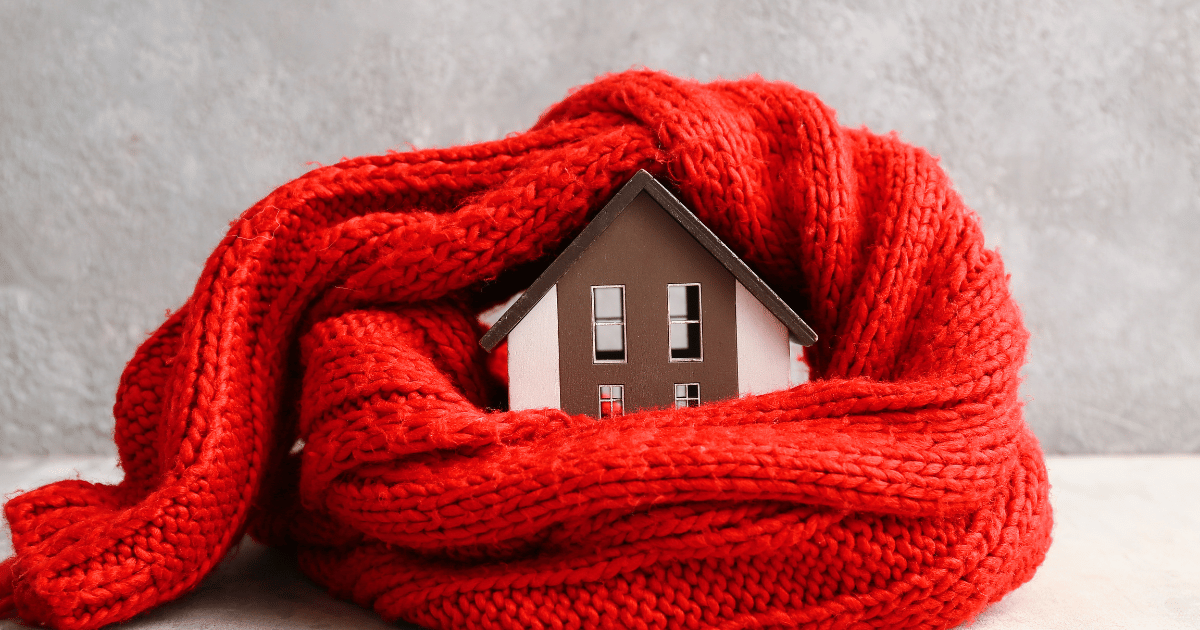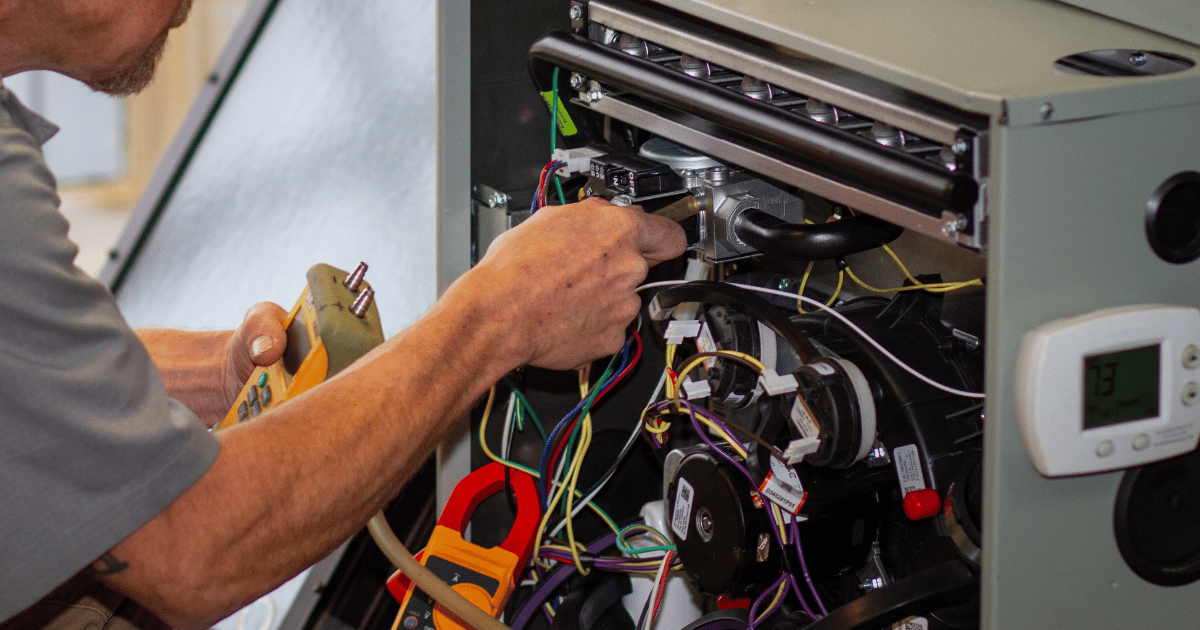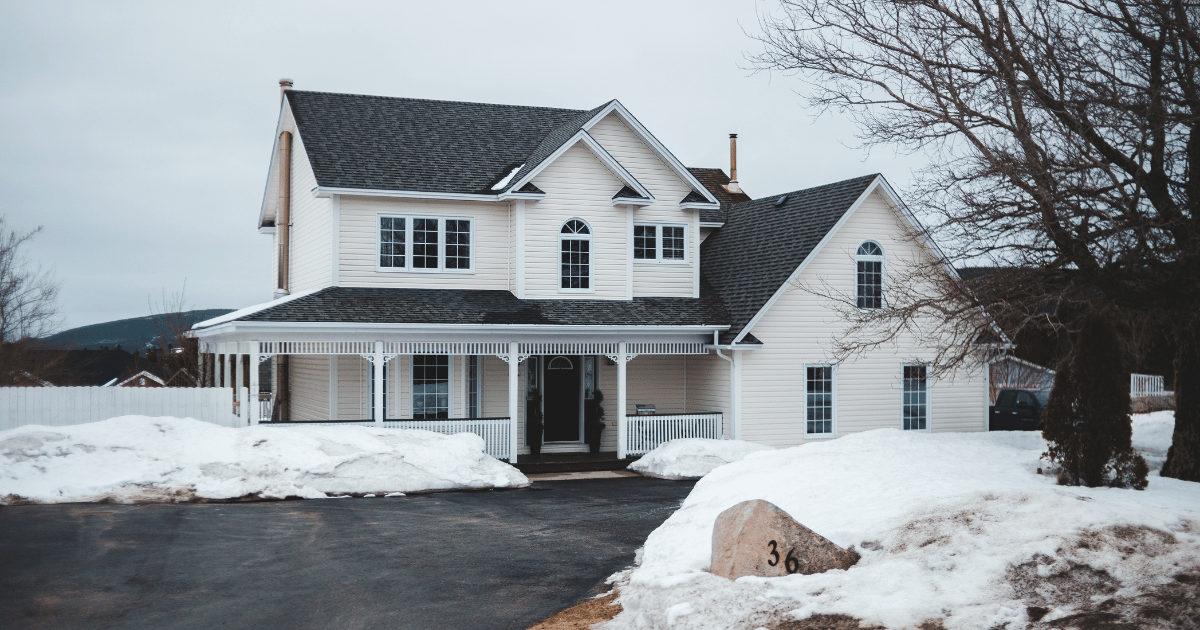Your garbage disposal and drains work hard to keep your plumbing system running smoothly, but misusing them can lead to clogs, slow drainage, and costly repairs.
We asked our expert plumbers at C-U Trade Services about the biggest mistakes people make with their disposals and drains. Here’s what they had to say—plus expert-backed solutions to keep your plumbing in top shape.

What NOT to Put Down Your Garbage Disposal
Garbage disposals are designed for small food particles, not large food scraps or non-food items. Here’s what to avoid:
1. Large Food Scraps (Sean Clodfelder, Plumbing Owner)
- Garbage disposals are meant for food waste particles, not full food scraps. Tossing too much at once can overload the system and lead to clogs.
Sean’s Tip: Scrape food into the trash before rinsing plates in the sink. This keeps your disposal working efficiently.
2. Pasta, Rice, and Bread (Curtis & Mitch)
- These foods expand with water, forming a sticky paste that can clog pipes.
Better solution: Compost or throw away starchy foods instead.
3. Vegetable Peelings & Fibrous Foods (Curtis & Mitch)
- Potato peels, celery, corn husks, and asparagus can wrap around disposal blades, leading to jams.
Better solution: Trash or compost fibrous foods.
4. Eggshells (Curtis & Mitch)
- The thin membrane inside eggshells can wrap around the disposal’s blades, reducing efficiency.
Better solution: Compost eggshells instead.
5. Grease, Fats, and Oils (Arian, Jaden & Andy McCann)
- Grease might seem harmless when hot, but it solidifies inside pipes once it cools, leading to stubborn blockages.
Jaden’s Tip: Grease clings to pipes like bubblegum, catching everything else going down your drain.
Andy’s Tip: Some people think running hot water keeps grease from clogging drains, but it only spreads the problem further down the pipes before it hardens.
Better solution: Pour grease into a disposable container, let it harden, and throw it in the trash.
6. Bones & Shells (Mitch)
- Hard items like chicken bones and seafood shells can damage the blades and motor.
Better solution: Toss bones and shells in the trash.
7. Boiling Water When Straining Pasta (Mitch)
- Pouring boiling water down the drain liquefies grease, which then hardens deeper in the pipes, creating blockages.
Mitch’s Tip: Always run cold water when straining pasta to prevent grease from spreading.
What NOT to Put Down Any Drain (Kitchen, Bathroom, or Sewer)
These items, including sinks, toilets, and showers, should never go down any drain in your home.
1. Flushable Wipes (Sean Clodfelder, Plumbing Owner & Arian)
- Even septic-safe or “flushable” wipes do not break down properly, causing sewer backups.
Sean’s Tip: Flushable wipes aren’t really flushable—throw them in the trash instead.
2. Hair (Jaden)
- Hair binds with soap scum and grease, creating tough clogs.
Jaden’s Tip: People underestimate hair clogs! It clings to pipes just like it sticks to shower walls.
Better solution: Use a drain cover and clean it regularly.
3. Coffee Grounds (Curtis)
- Coffee grounds don’t dissolve and can build up inside pipes, leading to blockages.
Better solution: Throw coffee grounds in the trash or compost.
4. Fats, Oils, and Grease (Arian, Jaden & Andy McCann)
- These stick to pipes like glue and trap other debris, leading to blockages.
Better solution: Wipe pans with a paper towel and throw grease away.
5. Butter and Margarine (Andy McCann)
- Just like cooking, grease, butter, and margarine solidify in pipes.
Better solution: Dispose of excess butter in the trash.
6. Flour (Sean Clodfelder, Plumbing Owner)
- When mixed with water, flour creates a sticky paste that clogs pipes.
Sean’s Tip: Wipe flour into the trash before rinsing bowls.
7. Medications
- Flushing medications can pollute water sources and harm the environment.
Better solution: Use a pharmacy take-back program.
8. Tree Root Growth in Sewer Lines (Sean Clodfelder, Plumbing Owner)
- You may need regular maintenance if your home has tree roots invading your sewer line.
Sean’s Tip: Using copper sulfate (found at hardware stores) helps slow root growth and prevent sewer backups.
C-U Trade Services: Your Trusted Plumbing Experts
At C-U Trade Services, we offer a full range of plumbing solutions, including:
- Garbage Disposal Repair & Installation
- Drain Cleaning & Clog Removal
- Sewer Line Maintenance & Repairs
- Plumbing Installation, Repairs & Maintenance
Need something specific? Just ask! Our experienced team is here to help.
Contact C-U Trade Services today!




